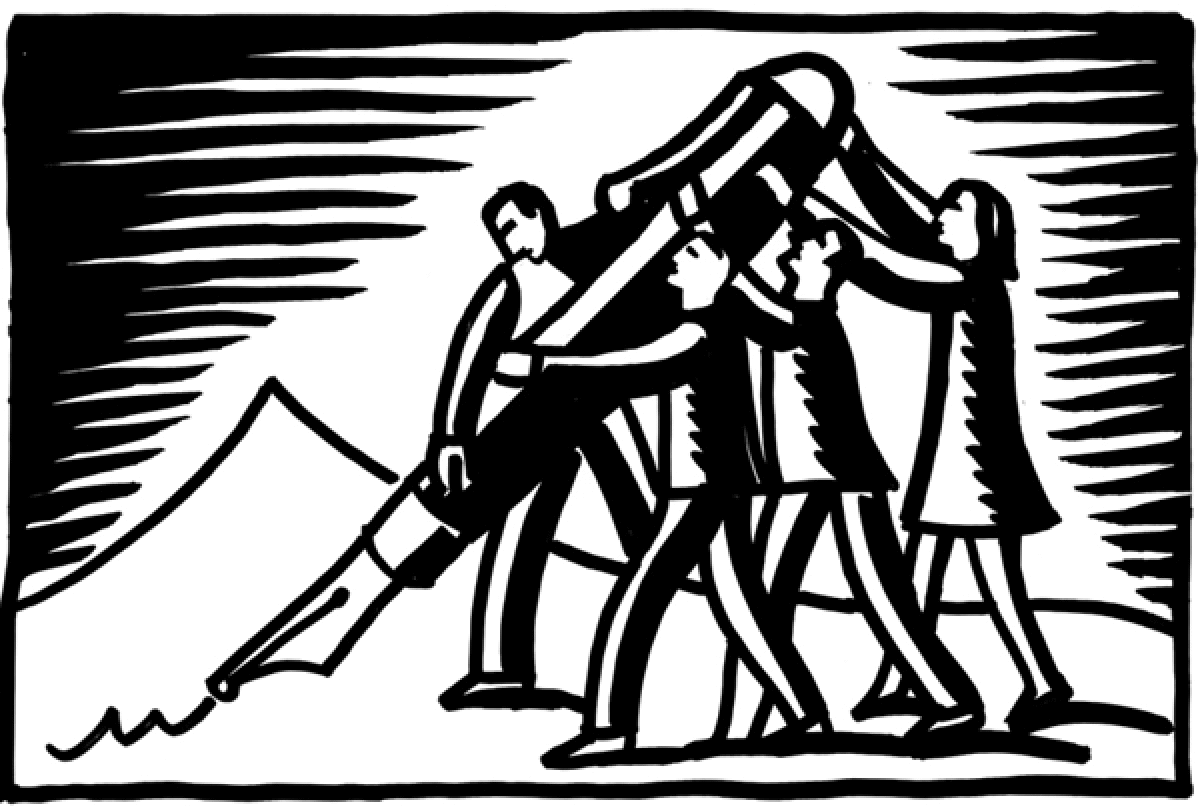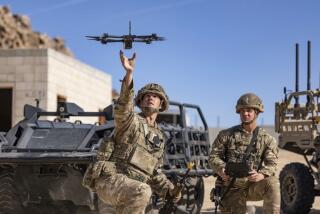They’re Called Mosquitoes

This morning the sound of a helicopter wakes me.
It hovers in the sky over a park two blocks away.
Its blades chop out a menacing hum,
warning that police are watching every move below.
I’m reminded of a long-ago apartment near La Brea —
at night we’d have to close our curtains to keep
the searchlights from peering in.
But I have only read and watched news reports
about the drones my country sends overseas.
In our war against terror, we can destroy
military targets, mosques, schools, homes
remotely, the American shooters aiming
from computers that make enemy assault
as easy as the latest high-tech video game.
Spying on the daily movements of a militant,
they watch as he talks to his wife, plays ball
with his children, and though continents apart,
this spying more intimate than swooping down
on unknowns from a fighter jet.
And I wonder if these drones are silent
or true to the word “drone” —
as the verb to drone on
in a dull and low monotonous moan.
The Pakistanis being terrorized by these pilotless,
propeller-driven aircraft call them “mosquitoes,”
invading their villages at any hour. A Waziristan
tribesman says, “Anybody who has been
listening to the buzzing all through the day
usually can’t sleep at night.”
The pesky sound of my local helicopter returns
while I think about what this government condones --
drones, unlawful detention, torture. Even
the president I voted for approves.
Unable to deafen the chopper’s whirring,
I hear the growing din of American drones,
closing in on the next target, wondering
who is the real suspect population,
while these killer mosquitoes won’t go away.
The author is a Los Angeles poet.
Read more: Opinion poetry by Times readers
More to Read
A cure for the common opinion
Get thought-provoking perspectives with our weekly newsletter.
You may occasionally receive promotional content from the Los Angeles Times.










